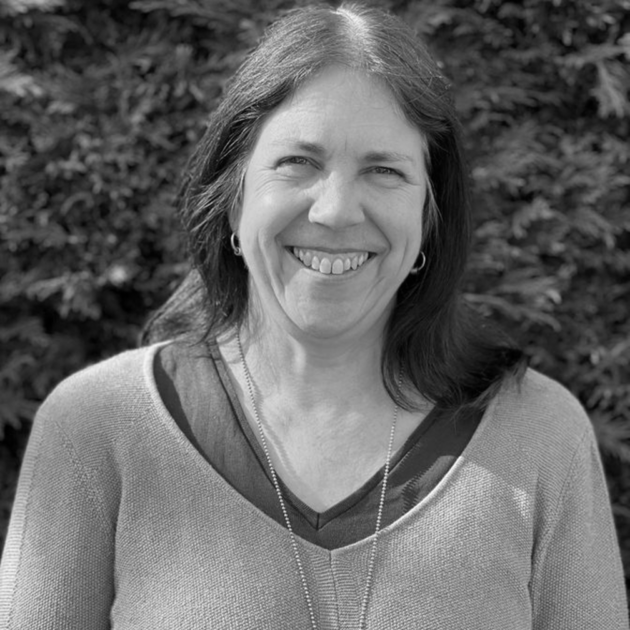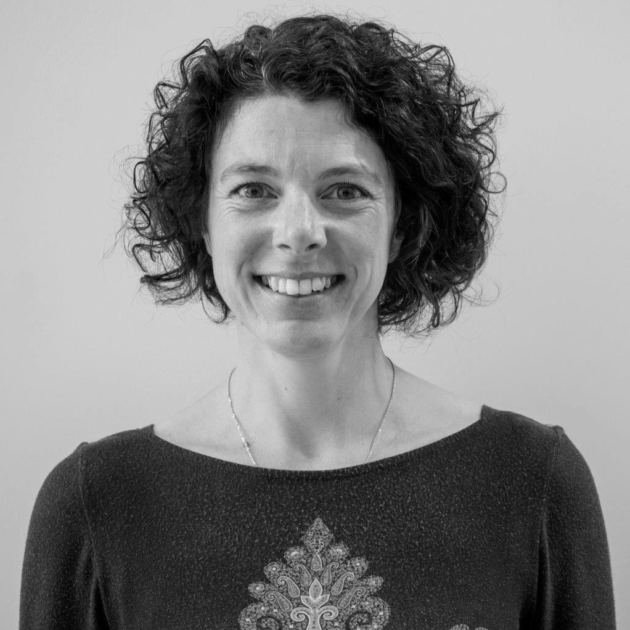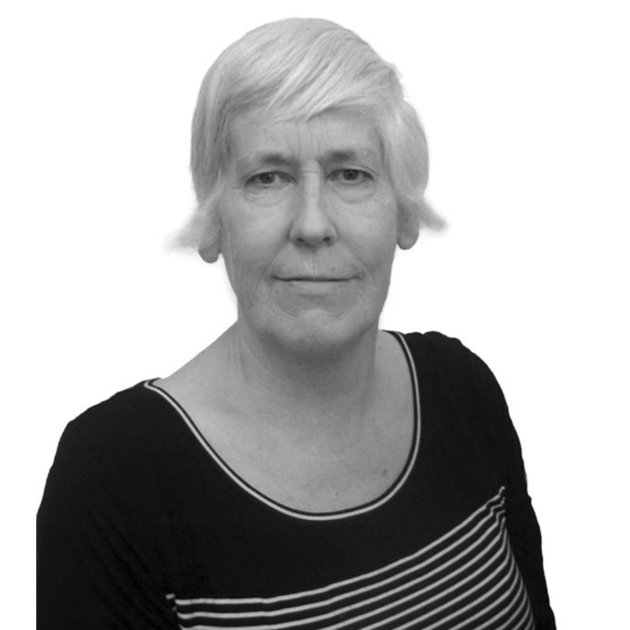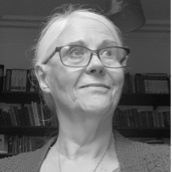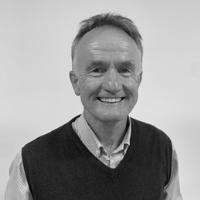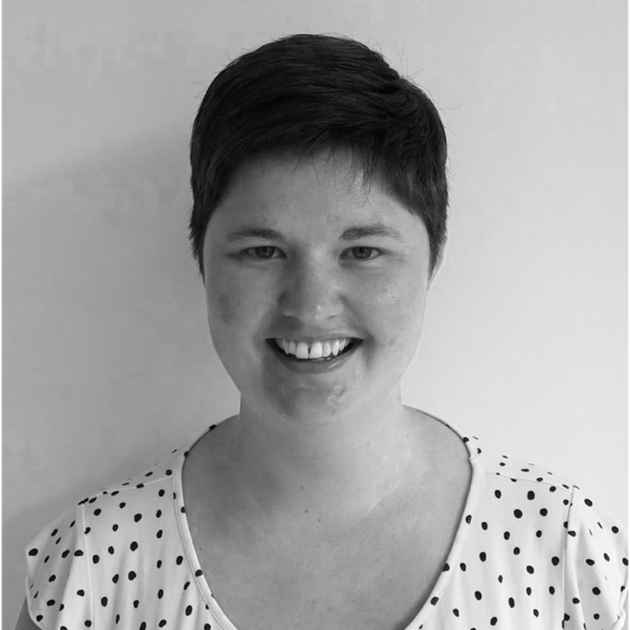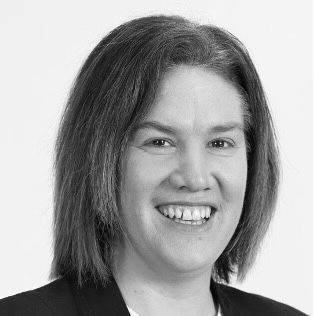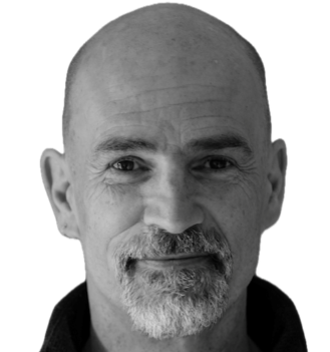The Access Board
Our Access Board oversees access to Our Future Health data and samples. Board members include experts, members of the public and participants.
They only approve health-related research that is in line with the consent participants provided; is for public good and aligned to Our Future Health objectives; and that comes from researchers that have successfully completed our registration process.
The Access Board:
- enables access to Our Future Health resources for research studies, while ensuring we meet our commitments to participants and to the wider public interest.
- ensures that the access process is clear, robust, and transparent, and implemented in a way which is proportionate, accountable, and fair. The access process will be available on our website once it has been finalised.
- makes sure that projects are in line with our protocol, Ethics and Governance Framework, and our ethical approval from the Health Research Authority.
All applications to use Our Future Health resources for research are held to the same standards by the Access Board. This is the case whether an application is from Our Future Health partners or researchers at universities, government or the NHS.
We maintain a public register of all approved research studies so that participants, the wider public, researchers and policymakers can see how Our Future Health resources are being used and what studies are being carried out.
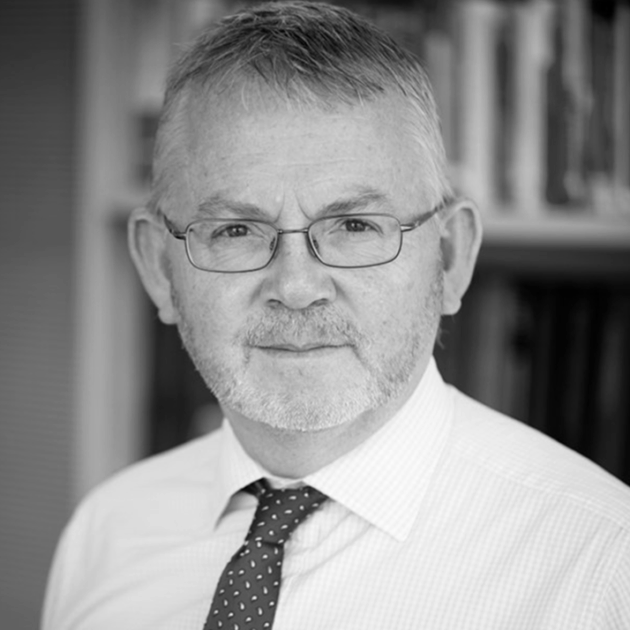
Nick Wareham (Chair)
Nick is the Director of the MRC Epidemiology Unit, Co-Director of the Institute of Metabolic Science, Honorary Consultant at Addenbrooke’s Hospital and Professor of Epidemiology at the University of Cambridge, England. He studied Medicine at St Thomas’ Hospital Medical School and Epidemiology at the London School of Hygiene and Tropical Medicine and Cambridge University, England. In 1992-3 he was a Harkness Fellow at the Harvard School of Public Health. After research fellowships at the University of Cambridge, he took up the Directorship of the MRC Epidemiology Unit when it was founded in 2003. He is principal investigator of the EPIC-Norfolk study, the EPIC-InterAct project, the Fenland cohort and the ADDITION trial. His main research interests are in understanding the aetiology of type 2 diabetes, particularly in generating understanding about the interplay between genetic, developmental and behavioural risk factors. He also researches strategies for the early detection and prevention of diabetes, including individual and societal level interventions. He is the Director of the UKCRC Centre for Diet and Activity Research (CEDAR) and the NIHR Global Health Group on Diet and Activity Research (GDAR).
Rebecca Hardy (Deputy Chair)
Rebecca is Professor of Epidemiology and Medical Statistics in the School of Sport, Exercise and Health Sciences at Loughborough University. Prior to taking up the position at Loughborough in 2022, she was Professor at University College London (UCL) where she retains an Honorary position. At UCL she worked at the MRC Unit for Lifelong Health and Ageing where she was Programme Leader and a senior member of the team responsible for running the MRC National Survey for Health and Development, and then at the UCL Social Research institute where she was Director of CLOSER. Rebecca’s research uses a life course epidemiological approach to study health and ageing, and the development of social inequalities in health.
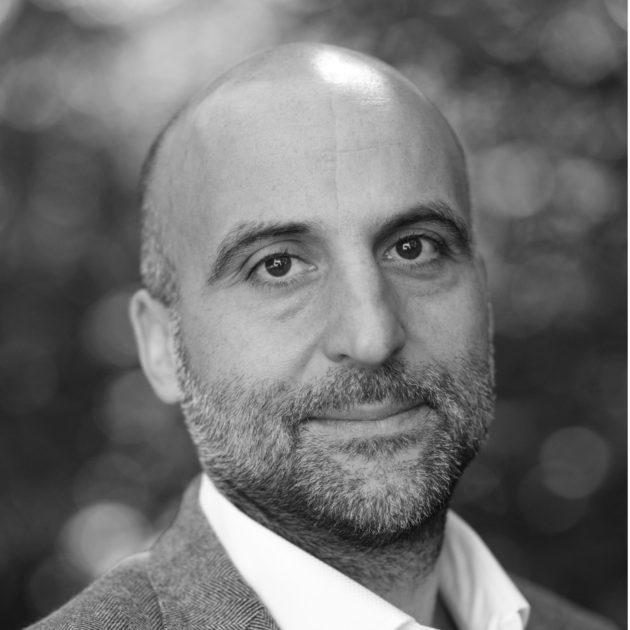
Emanuele Di Angelantonio (Scientific Advisory Board representative)
Emanuele trained in cardiovascular medicine, in Italy and France, and is registered with the UK General Medical Council as a specialist in general internal medicine. After completing his specialist training, he gained an MSc in Medical Statistics at the London School of Hygiene and Tropical Medicine in 2005 and a PhD in Epidemiology at the University of Cambridge in 2009. He was appointed as University Lecturer in Medical Screening in the Department of Public Health and Primary Care in 2010, where he is leading the Clinical Epidemiology Team in the Cardiovascular Epidemiology Unit. In 2012, he has established and lead a new research group in blood donor health, capitalising on his appointment as Principal Investigator in Donor Health Research and Honorary Consultant for NHS Blood and Transplant (NHSBT). Since 2015 he is a Programme Leader and Deputy Director of the National Institute of Health Research (NIHR) Blood and Transplant Research Unit in Donor Health and Genomics in Cambridge.
Nanette Bartram
Nanette is a professional consultant that specialises in helping SME and start-ups commercialise and find early revenues in the Life Sciences and IVD medical diagnostics space. She has spent over 20 years in the commercial scientific sector in Sales, Business Development, Product Management and Marketing positions, as a company director and as an advisory board member.
Alisha Davies
Alisha is a strategic leader in public health research and evaluation, informing health policy and practice at a local and national level. Her research interests are in the prevention of poor health and inequalities, including the underlying determinants of health. She is also interested in future of digital health and innovation to maximise the value of data across sectors for health. She has over 20 years’ experience in public health across the NHS, Local Government, health policy think tanks and holds a leadership role for population health at The Alan Turing Institute, developing innovation in AI for public health. She is also an NHS Consultant in Public Health, and is the Principal Investigator for the Health Foundation funded Wales Networked Data Lab. She holds postgraduate degrees in epidemiology, demography and public health from the London School of Hygiene and Tropical Medicine, and an Honorary Professorship at Swansea University.
Stephanie Ellis
Stephanie is a lay member of one of the NHS Research Ethics Committee – meaning she has no medical qualifications or background. Over the past thirty-two years Stephanie has chaired several NHS Research Ethics Committees, and in 2016 was awarded the British Empire Medal for this work. Her main career was as a civil servant working on employment law combatting discrimination.
Hilary Garrett
Hilary is retired with a previous background in health, education, and early years and has undertaken numerous caring and advocacy roles for friends and family. She is currently an Honorary Researcher at Lancaster University’s Faculty of Health and Medicine and actively contributes to national health research. Her roles include Public Contributor with Health Data Research UK (HDR UK), member of its North Executive Committee, and Public Reviewer for the National Institute for Health and Care Research (NIHR). She also serves on the NIHR Doctoral Awards Committee and co-leads public involvement for the Equitable Place-Based Health and Care Theme within ARC NWC. Hilary is a co-applicant on several national research projects and sits on advisory boards including the Lancashire and South Cumbria Secure Data Environment and OPTUM UK (EMIS).
Frank Kee
Professor Frank Kee recently demitted from his role as Director of the Centre for Public Health in the School of Medicine, Dentistry and Biomedical Sciences at Queens University Belfast. A clinically trained epidemiologist and public health physician, he has over three decades of experience in cohort studies, decision science, genetic epidemiology and health economics.
He has previously led the UKCRC Centre of Excellence for Public Health Research, chaired the NIHR Public Health Funding Board and currently serves on several UKRI advisory panels. In 2023, he was elected a Fellow of the Academy of Medical Sciences in recognition of his contributions to health research and policy.
Fiona McKenzie
Fiona is an independent consultant helping to centre healthcare and research on what matters to patients, carers and the public. As someone living with long-term conditions, she became involved in the NHS as a patient and the rest is history.
Fiona has more than 20 years of stakeholder engagement and collaboration experience. She has particular expertise in embedding meaningful patient and public involvement in data research, working with Health Data Research UK and the data analytics directorate at The Health Foundation.
Carole Morris
Carole is the Head of Data and Modelling Services at Public Health Scotland. With over 25 years’ experience in NHS Scotland, Carole started as an Information Analyst working in NHS Lothian before moving to Information Services Division to work nationally on a variety of areas such as maternity, neonatal and data linkage. As part of Public Health Scotland, she has oversight of several teams who provide a range of invaluable skills and services: easier access to comparative healthcare information for service providers, predictive analytics, data linkage, modelling and statistical analyses and provision of a trusted research environment for secure access to data for researchers.
Jim Smith
Jim Smith is Professor of Interactive Artificial Intelligence and Director of the Computer Science Research Centre at the University of the West of England. He studied at Cambridge University, and gained a PhD in Artificial Intelligence for UWE in 1998. Much of his current research lies at the intersection of AI with privacy preservation when research for the public good is done using sensitive data. Recent projects in this area include the UKRI-funded GRAIMATTER, SACRO, and TREvolution projects which are delivering resources and technical innovations deliver better and faster research, with a particular focus is to enable the safe and responsible use of AI and Machine Learning. He also chairs SDC-REBOOT – a UK-wide Community group dedicated to sharing and developing best practices in Output Statistical Disclosure Control (OSDC) to ensure research outputs (especially AI) protect private data and keep it secure.

